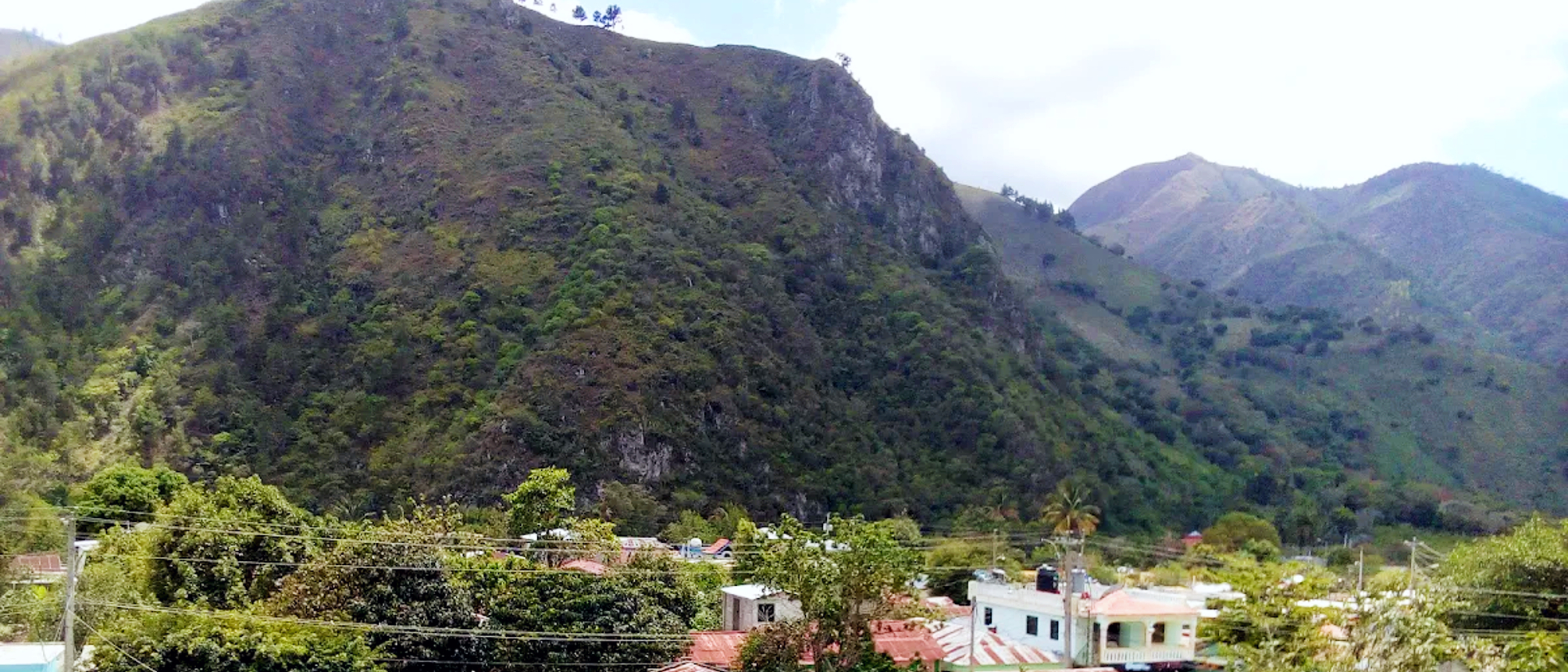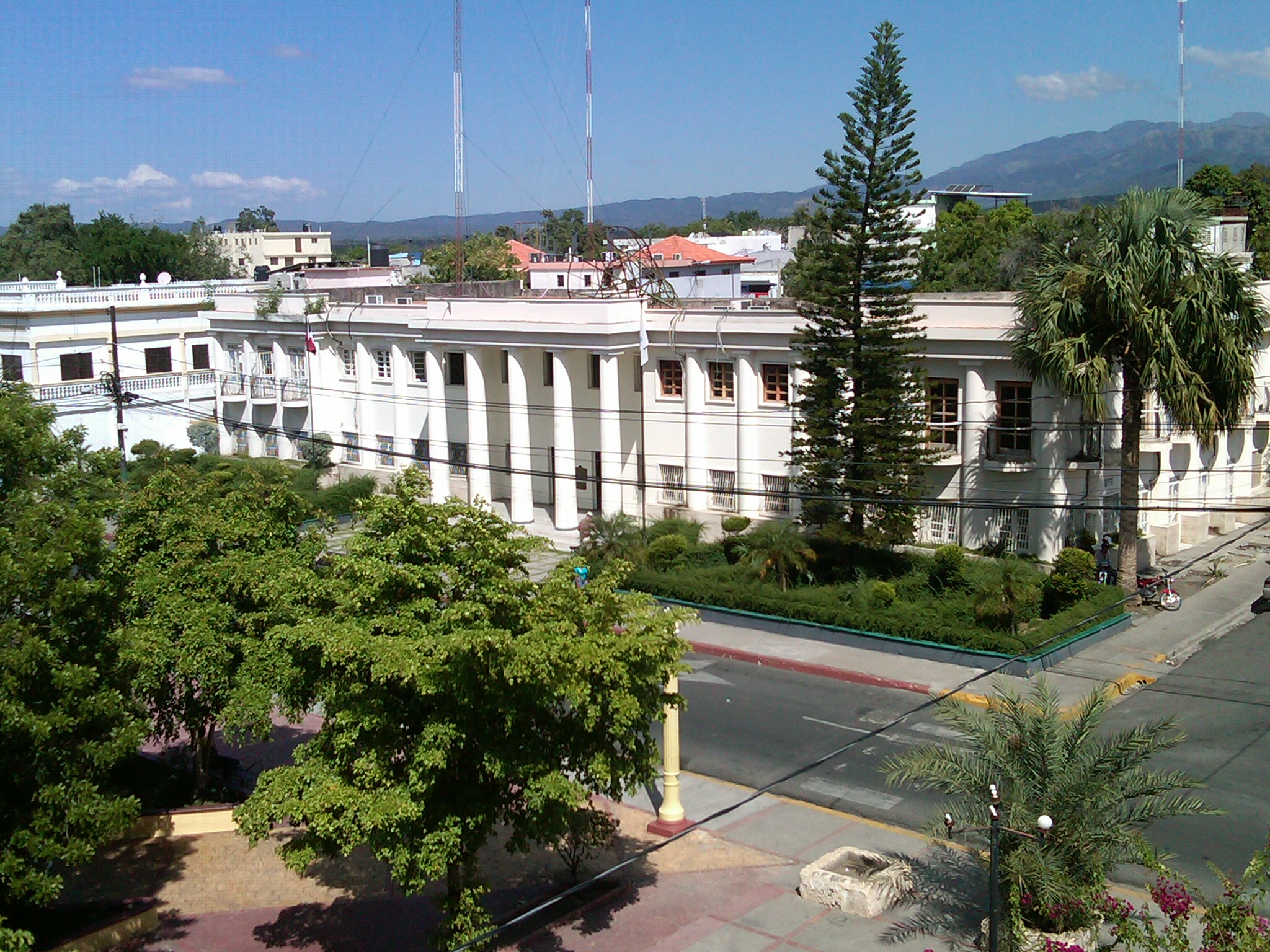|
Palmar De Ocoa
Palmar de Ocoa is a town in the Azua de Compostela Provinces of the Dominican Republic, province of the Dominican Republic. Sources * – World-Gazetteer.com Populated places in Azua Province {{DominicanRepublic-geo-stub ... [...More Info...] [...Related Items...] OR: [Wikipedia] [Google] [Baidu] |
Dominican Republic
The Dominican Republic ( ; es, República Dominicana, ) is a country located on the island of Hispaniola in the Greater Antilles archipelago of the Caribbean region. It occupies the eastern five-eighths of the island, which it shares with Haiti, making Hispaniola one of only two Caribbean islands, along with Saint Martin, that is shared by two sovereign states. The Dominican Republic is the second-largest nation in the Antilles by area (after Cuba) at , and third-largest by population, with approximately 10.7 million people (2022 est.), down from 10.8 million in 2020, of whom approximately 3.3 million live in the metropolitan area of Santo Domingo, the capital city. The official language of the country is Spanish. The native Taíno people had inhabited Hispaniola before the arrival of Europeans, dividing it into five chiefdoms. They had constructed an advanced farming and hunting society, and were in the process of becoming an organized civilization. The Taínos also inhab ... [...More Info...] [...Related Items...] OR: [Wikipedia] [Google] [Baidu] |
Azua (city)
Azua de Compostela, also known simply as Azua, is a municipality (''municipio'') and capital of Azua Province in the southern region of Dominican Republic. Founded in 1504, Azua is one of the oldest European settlements in the Americas. The town is located 100 kilometres west of the national capital, Santo Domingo. History The territory was part of the chiefdom of Maguana, one of the five Taino chiefdoms in the island. Christopher Columbus encountered great difficulties that forced him and his companions to take refuge in the Bay of Ocoa, in the eastern part of the Azua territory. There he met the resistance of the Great ( Cacique) of Azua Cuyocagua, whom the Admiral tried to subdue without success. The town of Azúa de Compostela was officially founded in 1504 by Diego Velázquez de Cuéllar (conqueror of Cuba), during the government of Don Nicolás de Ovando. The famous conqueror of Mexico Hernán Cortés also resided in the town for several years (1504-1511). During his s ... [...More Info...] [...Related Items...] OR: [Wikipedia] [Google] [Baidu] |
Azua Province
Azua () is a province which is collectively one of the thirty-two provinces of the Dominican Republic. It is divided into 10 municipalities (the same as Santiago) and its capital city is Azua de Compostela. It is bordered by the provinces of La Vega to the north-east, San José de Ocoa and Peravia to the east, Barahona and Baoruco to the west and San Juan to the north-west. To the south, Azua has a significant coastline of the Caribbean Sea. Azua is known for diverse geography and climate, with the southern part of the province having an arid climate that is not the typical tropical-like that is found in other parts of the Caribbean. Geography The southern part of the province is located in the Llanura or Llano de Azua (also known as the "Plena de Azua"), a coastal plain surrounded by mountains that act as barriers to the water-laden winds so that the lower parts of the province are very arid. Azua had the Sierra de Ocoa, which is the southern end of the Cordillera Central, ... [...More Info...] [...Related Items...] OR: [Wikipedia] [Google] [Baidu] |
Town
A town is a human settlement. Towns are generally larger than villages and smaller than cities, though the criteria to distinguish between them vary considerably in different parts of the world. Origin and use The word "town" shares an origin with the German word , the Dutch word , and the Old Norse . The original Proto-Germanic word, *''tūnan'', is thought to be an early borrowing from Proto-Celtic *''dūnom'' (cf. Old Irish , Welsh ). The original sense of the word in both Germanic and Celtic was that of a fortress or an enclosure. Cognates of ''town'' in many modern Germanic languages designate a fence or a hedge. In English and Dutch, the meaning of the word took on the sense of the space which these fences enclosed, and through which a track must run. In England, a town was a small community that could not afford or was not allowed to build walls or other larger fortifications, and built a palisade or stockade instead. In the Netherlands, this space was a garden, ... [...More Info...] [...Related Items...] OR: [Wikipedia] [Google] [Baidu] |
Azua De Compostela
Azua de Compostela, also known simply as Azua, is a Municipalities of the Dominican Republic, municipality (''municipio'') and capital of Azua Province in the southern region of Dominican Republic. Founded in 1504, Azua is one of the oldest European settlements in the Americas. The town is located 100 kilometres west of the national capital, Santo Domingo. History The territory was part of the chiefdom of Maguana, one of the five Taino chiefdoms in the island. Christopher Columbus encountered great difficulties that forced him and his companions to take refuge in the Bay of San José de Ocoa, Ocoa, in the eastern part of the Azua territory. There he met the resistance of the Great (Cacique) of Azua Cuyocagua, whom the Admiral tried to subdue without success. The town of Azúa de Compostela was officially founded in 1504 by Diego Velázquez de Cuéllar (conqueror of Cuba), during the government of Don Nicolás de Ovando. The famous conqueror of Mexico Hernán Cortés also resided i ... [...More Info...] [...Related Items...] OR: [Wikipedia] [Google] [Baidu] |
Provinces Of The Dominican Republic
A province is almost always an administrative division within a country or state. The term derives from the ancient Roman ''provincia'', which was the major territorial and administrative unit of the Roman Empire's territorial possessions outside Italy. The term ''province'' has since been adopted by many countries. In some countries with no actual provinces, "the provinces" is a metaphorical term meaning "outside the capital city". While some provinces were produced artificially by colonial powers, others were formed around local groups with their own ethnic identities. Many have their own powers independent of central or federal authority, especially in Canada and Pakistan. In other countries, like China or France, provinces are the creation of central government, with very little autonomy. Etymology The English word ''province'' is attested since about 1330 and derives from the 13th-century Old French , which itself comes from the Latin word , which referred to the sphere ... [...More Info...] [...Related Items...] OR: [Wikipedia] [Google] [Baidu] |


.jpg)

